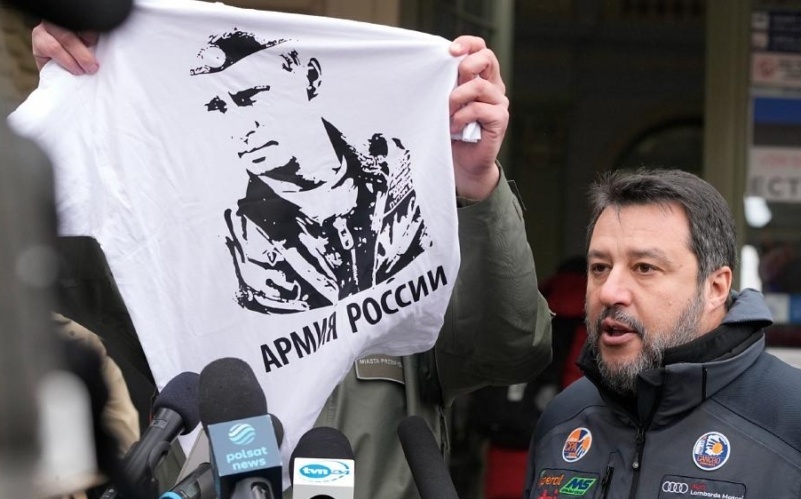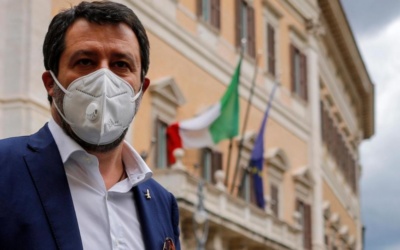
LATEST ANALYSIS

Europe’s Right-Wing Populist Parties Adjust to a Ukraine Challenge
“Ukraine Invasion shows adaptability and flexibility are strengths for populist parties on European radical right. Opponents should not underestimate that.”
PROJECT OVERVIEW
Populism in Action investigates the widely held notion that political parties in Western Europe are losing their traditional function of bridging the gap between citizens and the political elites. It has often been claimed that the era of so-called ‘mass parties’, which are characterized by large memberships organised in local branches, is over. Over the past decades, party memberships have declined and some observers have noticed that citizens have increasingly become disengaged from politics altogether.
At the same time, however, we have recently witnessed the rise of parties that criticize traditional parties precisely for having “lost touch with people”, and for their remoteness to ordinary citizens. In our study we focus in particular on populist parties, which currently pose the most serious electoral threat to traditional parties. We ask whether such parties have the capacity not only to influence domestic political agendas, but also to bring party organisations ‘back to life’. Notwithstanding a number of prominent exceptions, several populist parties have committed themselves to maintaining costly and complex mass organisations through which they create communities of loyal partisans activists.
OUR OBJECTIVES
To understand why this is happening from the perspective of both the party members and party elites: why do activists invest time and resources in party activities, and why do parties invest in the building and maintenance of extensive organisations?
To define a nuanced conceptual framework for assessing differential party development: by advancing our knowledge of what happens inside anti-establishment populist parties via in-depth comparative analyses of selected case studies, we seek to address the serious shortage of comparative party research on this topic.
OUR APPROACH
We take a comparative case study approach, and investigate the ‘life of the party’ within four seasoned parties that are well established within their party systems: the League in Italy, the Flemish Interest in Belgium, The Finns Party in Finland, and the Swiss People’s Party. In order to map the parties’ formal and informal organisational structures, and discover party members’ and elites’ motivations, our study combines a variety of methods.
VideoCast: Populism and Media — From Poland to Switzerland
How are Europe’s populist parties using media in their pursuit of power? Adrian Favero and Daniele Albertazzi draw lessons from Switzerland and Poland.
PiAP’s Mattia Zulianello Awarded Italian Habilitation
The Populism in Action Project’s Mattia Zulianello has been awarded his Italian National Scientific Habilitation with unananimous assent.
Has Coronavirus Exposed the Weakness of Populist Radical Right Parties?
Daniele Albertazzi: “Populist radical right parties are not generally seen as particularly competent in handling existential crises such as Coronavirus”








